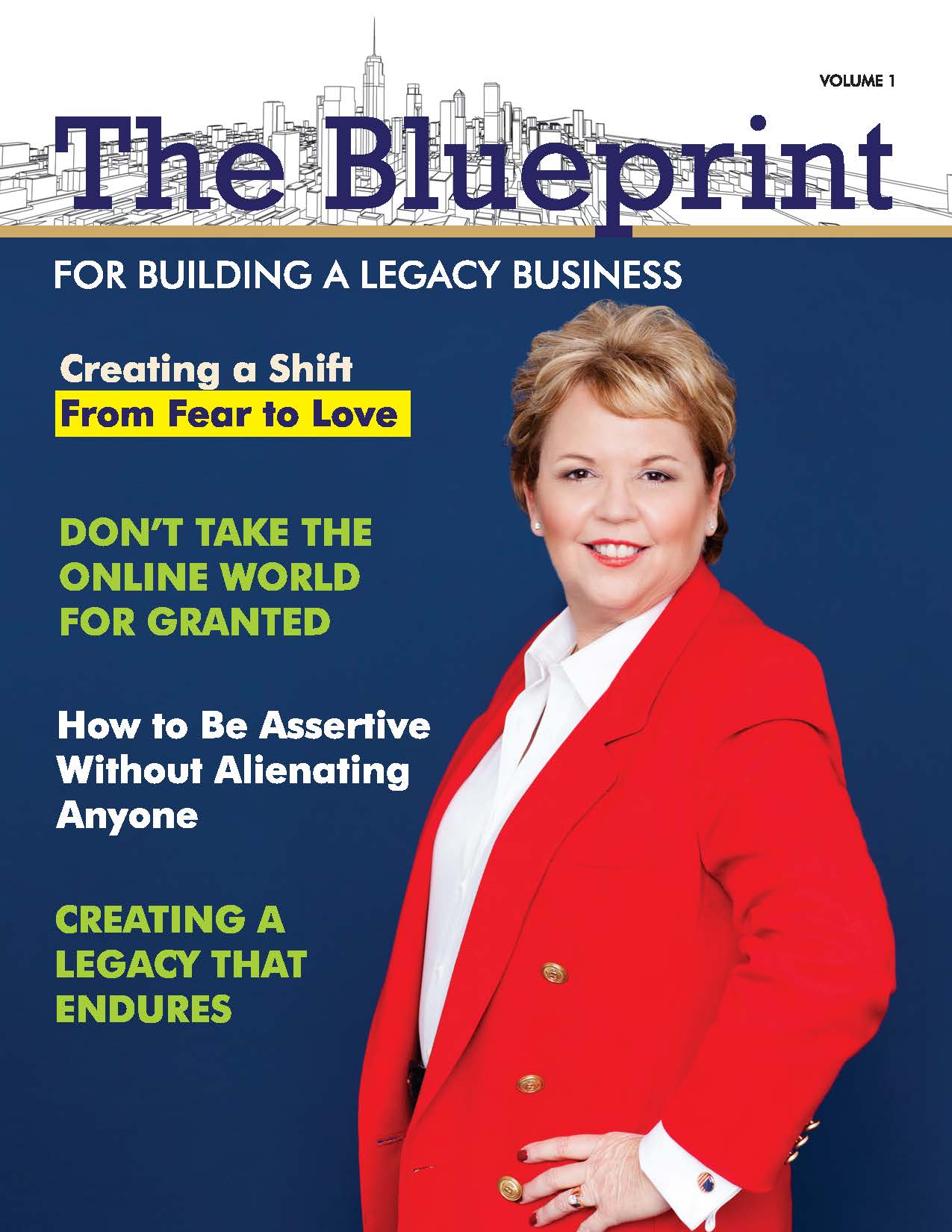What Millennials Really Want at Work

You can find many articles describing the differences between previous generations and the millennial generation, people born between 1981 and 1996 (or 1999, depending on who you ask) in the workforce.
Millennials (also called Generation Y) are different, or so we’ve been told. They hop from job to job like frogs on lilypads. They feel entitled to cushy perks like yoga classes at work and in-office baristas. They want constant feedback on their performance. And promotions are never enough to satisfy them.
Articles highlighting these supposed differences might get a lot of shares on social media, but they are thin on facts and it’s high time we call them out. And it’s not only news coverage. There is a whole industry of coaches and consultants making boatloads of money off corporations by telling them how to appeal to the supposedly unique millennial generation.
Now that millennials comprise the largest generation in the current workforce, it’s important that we take a close look at the truth behind those differences and consider whether we are meeting the needs of millennial employees and all employees as business leaders.
Differences vs. Shifts
It seems that the true differences between millennials and previous generations in the workforce are related to larger cultural shifts.
Young employees are better educated, just as each generation has been better educated than the last going back to World War II. On the same trajectory, more women are remaining in the workforce rather than staying home with children. Millennial workers are much more diverse than just a few generations ago. And they are more likely to live in urban areas.
But beyond those cultural shifts, millennial employees aren’t actually all that different than Gen X or Baby Boomer employees, according to research from Work Effects.
“Overall, differences between Millennials and other generations are much smaller than popular culture and isolated surveys lead audiences to believe,” wrote Amanda Kreun, author of the Work Effects report.
What All Employees Want
Often, the characteristics and behaviors attributed to the youngest generation in the American workforce are actually changes that older generations are exhibiting as well.
For example, it is often said that millennials want meaning and impact in their work. That’s true, but it’s also true for Gen X and Baby Boomer employees. According to research from IBM’s Institute for Business Value, roughly the same percentage of each generation reports wanting to make a positive impact through their profession. We all want to gain a sense of meaning from our work these days.
The same goes for millennials’ need for performance feedback. It turns out every generation wants feedback on how they’re doing at work, and previous generations requested the same level of evaluation when they joined the workforce.
Employees, regardless of age, want to feel supported and motivated by their employers and managers. Amanda Kreun went on to write in the Work Effects report, “Be a good leader, manager, and coach, and you can attract and retain talent across generations. Align your culture and your strategy, and keep your organization successful so that it can thrive for generations to come.”
The stereotype that millennials feel entitled to promotions every other month is just that, a stereotype. All employees want opportunities for advancement, and smart companies are answering those requests. A new trend of “shadow boards” for younger employees is starting to take hold. Shadow boards work alongside senior leaders, but members are not executives. They provide input on projects and ways to innovate, and they give a platform for anyone in the company who wants to advance to sit at the table.
How to Engage Employees of Every Generation
- Create a shadow board and open it up to anyone in the company to apply. Then give the shadow board members work of real substance to contribute to the company.
- Enhance your organization’s performance feedback system, and get all employees involved in the process of giving and receiving feedback.
- Be a leader who values, supports, and motivates the entire team, paying close attention to diversity.
- Ensure the work your company does is rooted in meaning and impact. Connect it to a mission. And provide opportunities for service to all employees.
Leadership is about more than revenue. It’s about serving people over profits.
If you’re a business leader who wants to feel supported and guided as you navigate the waters of running a business with high levels of integrity and profits, I want to hear from you.
__________________________________________________________
Celeste Giordano’s mission is to help business owners develop the skills, knowledge and attitude necessary to “DoublePlusTM” their income and become effective and inspirational leaders in their fields. Whether it’s taking your successful business to the next level or starting a new venture, she will teach you the exact skills and strategies you need to enroll more quality prospects, build a rock-solid team, and break through obstacles to achieve real profit and lasting success. Celeste is a professional business growth specialist, a master sales strategist, and dynamic speaker with 40 years experience in direct sales and managing high-performing teams.
To learn more about Celeste, click here.
Want to use this article? Please feel free to use this content as long as you keep it in its original format and include a link to the original post and Celeste Giordano’s brief bio.
At Celeste Giordano Coaching, I work with each client to implement the strategies they’ve been missing that will enable them to break through barriers preventing them from the success they know they are capable of. Contact me today to find your future clients who just don’t know what they’re missing.
